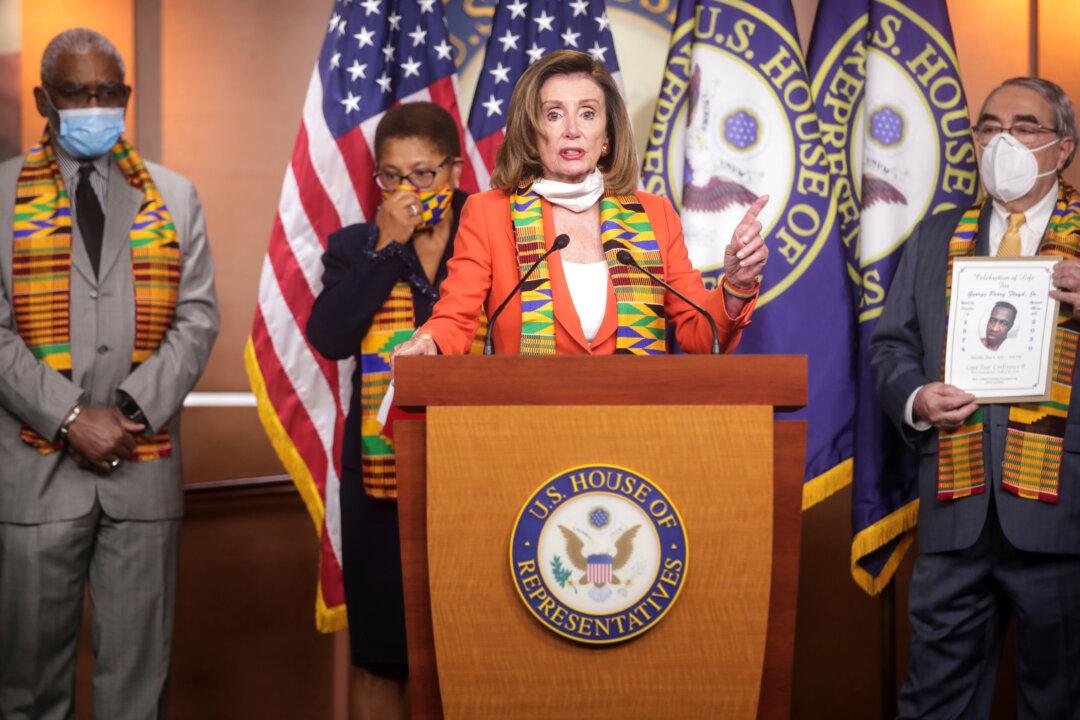A bicameral group of Democrats introduced legislation that aims to increase transparency and accountability in law enforcement nationwide. The bill was crafted in response to nationwide protests held after the death of George Floyd.
Sen. Chuck Schumer (D-N.Y.) praised protesters, saying: “This large, diverse group, so many of them young, gives us hope that Americans are prepared to march and fight to make this a more perfect union, once and for all. And so today, we are taking the first of many steps.”





